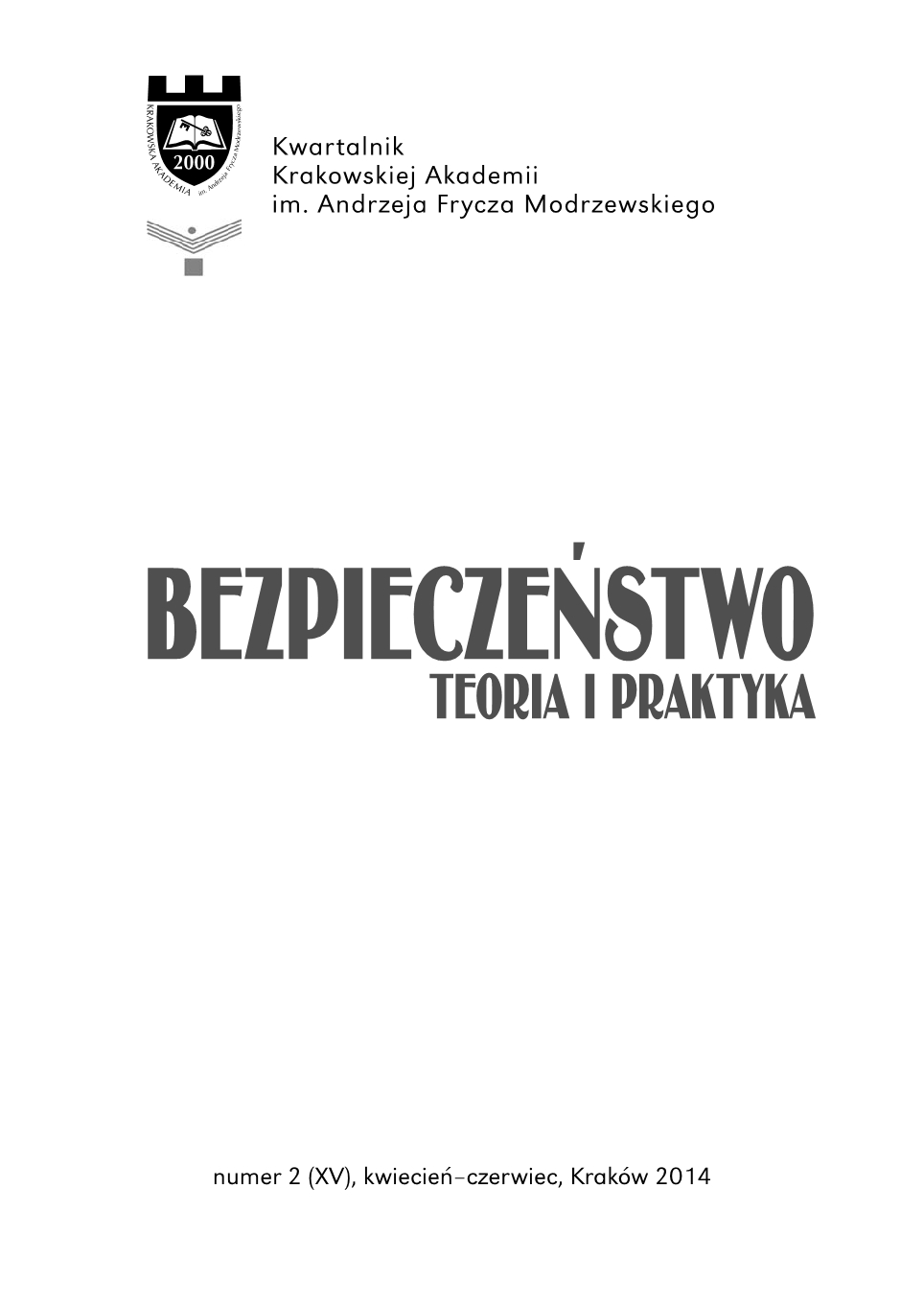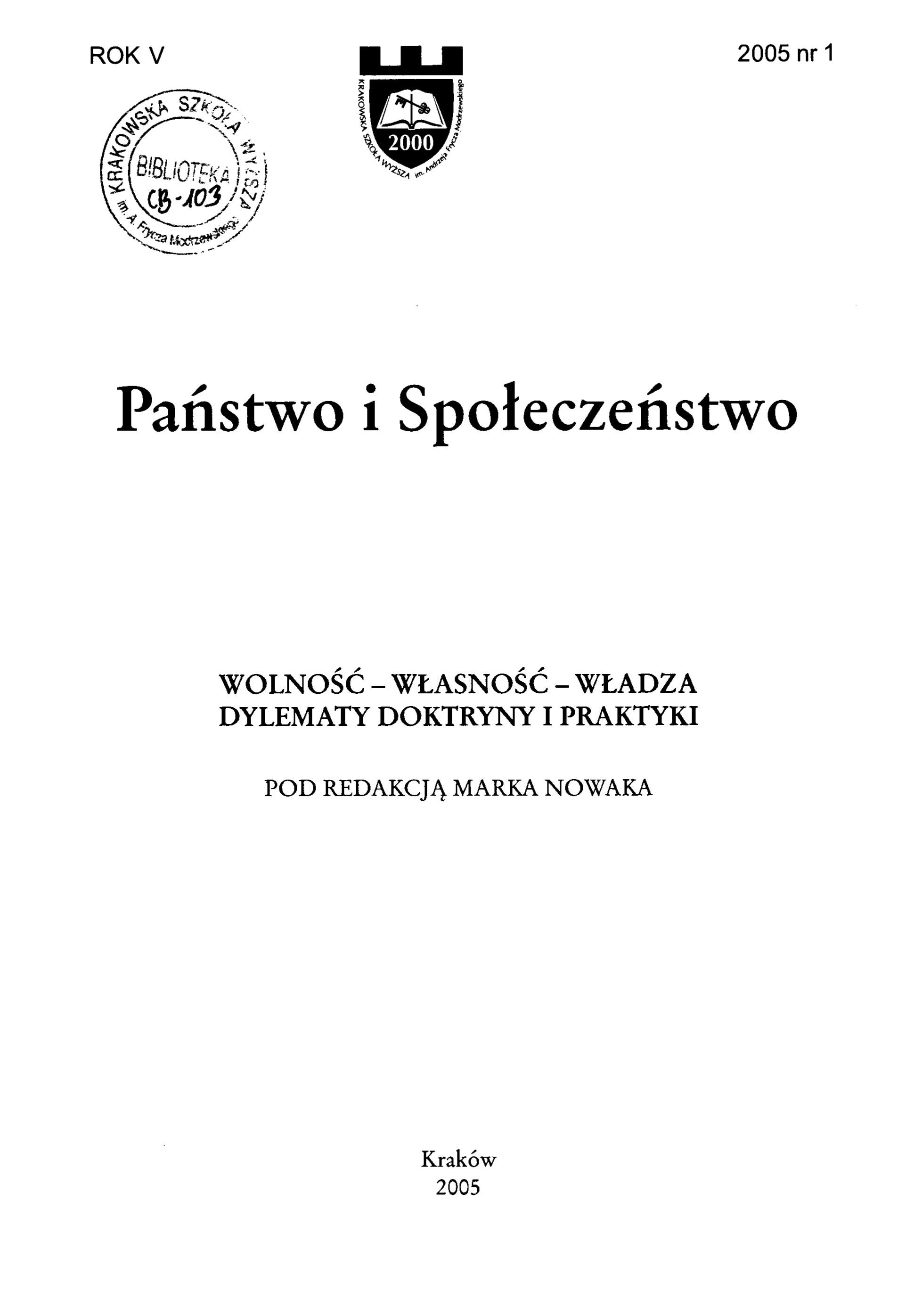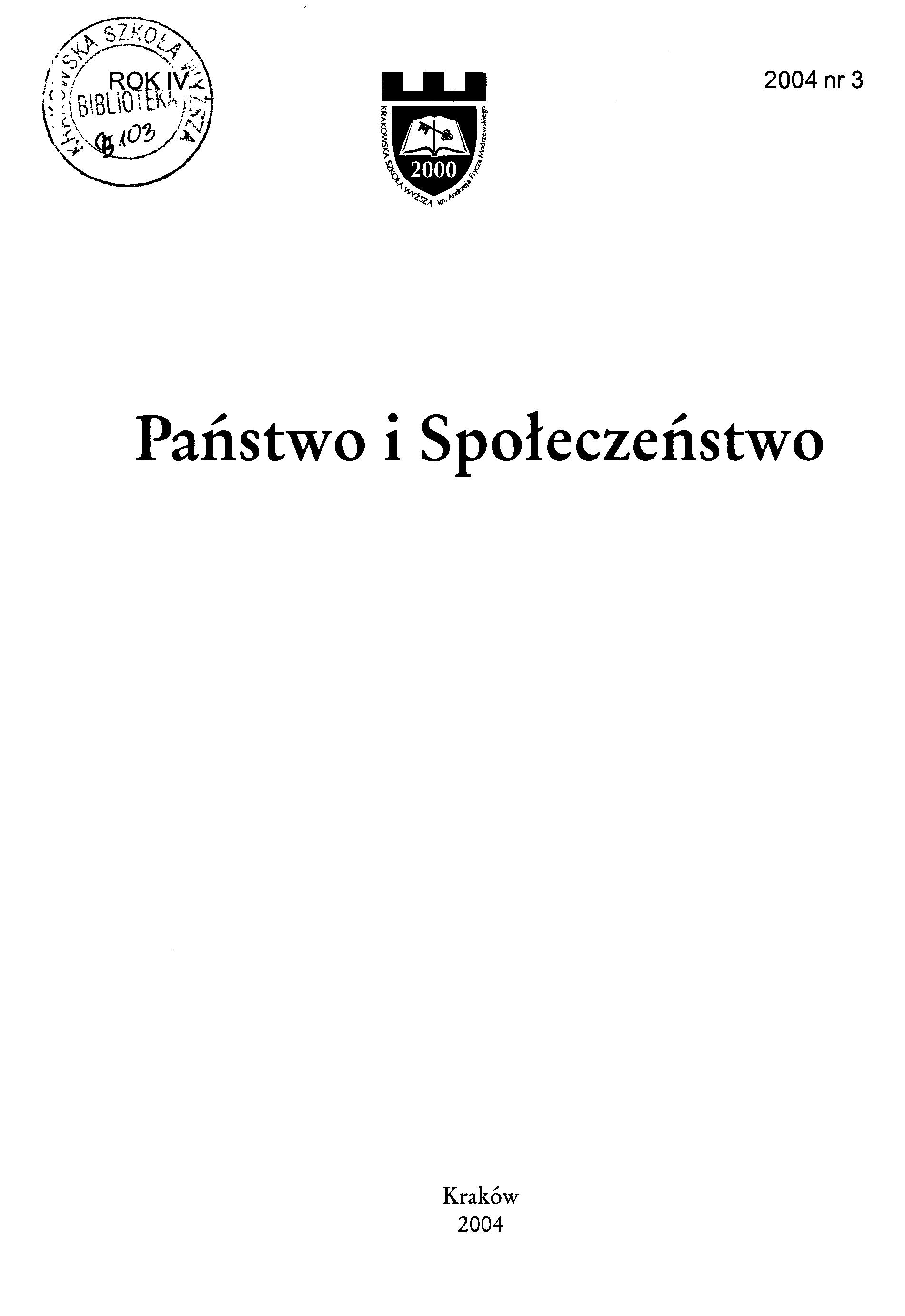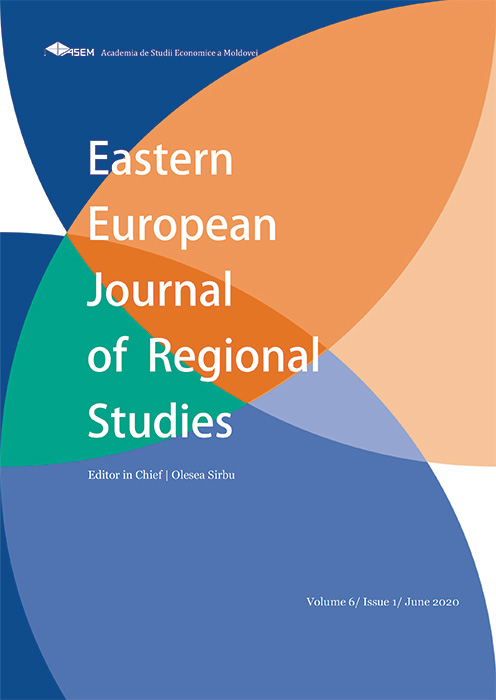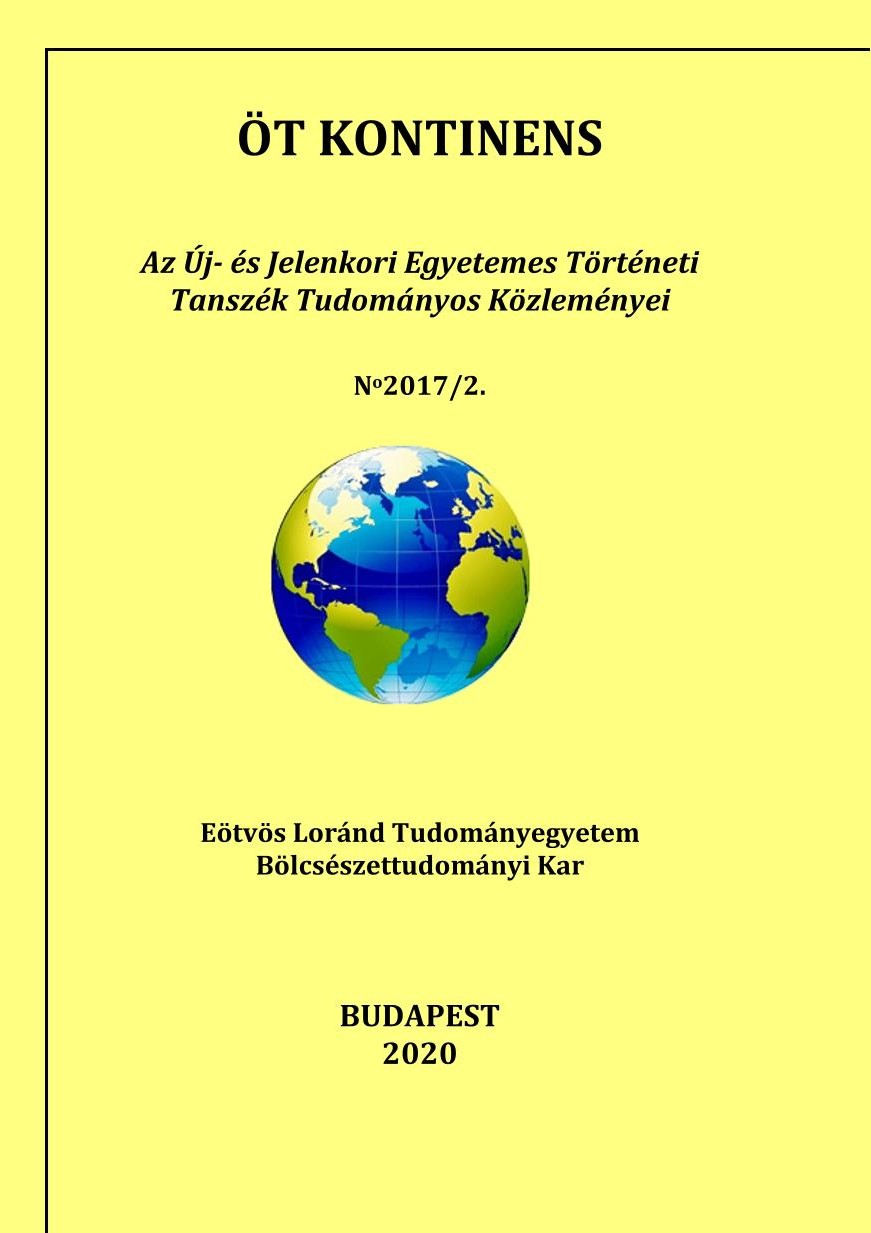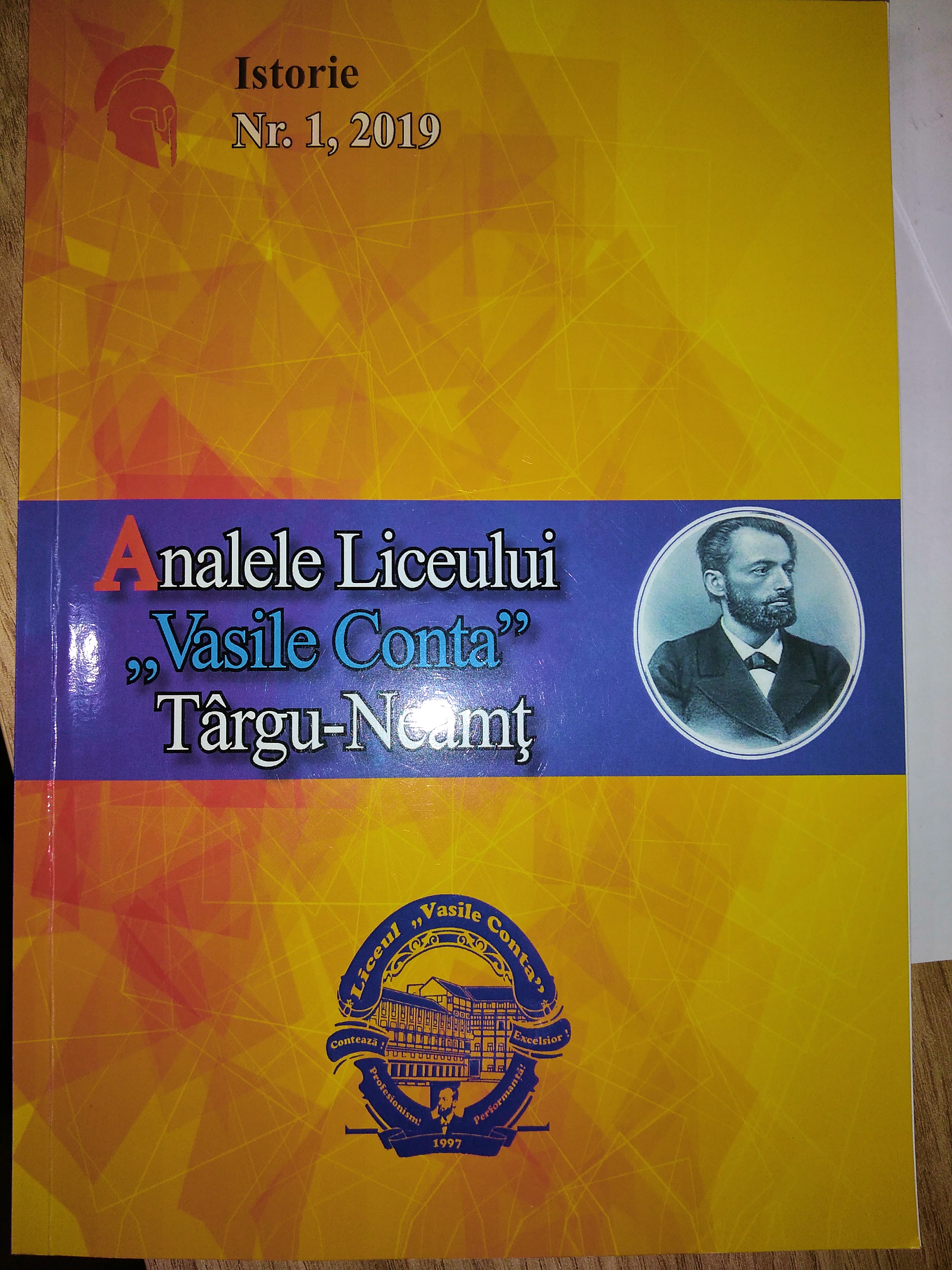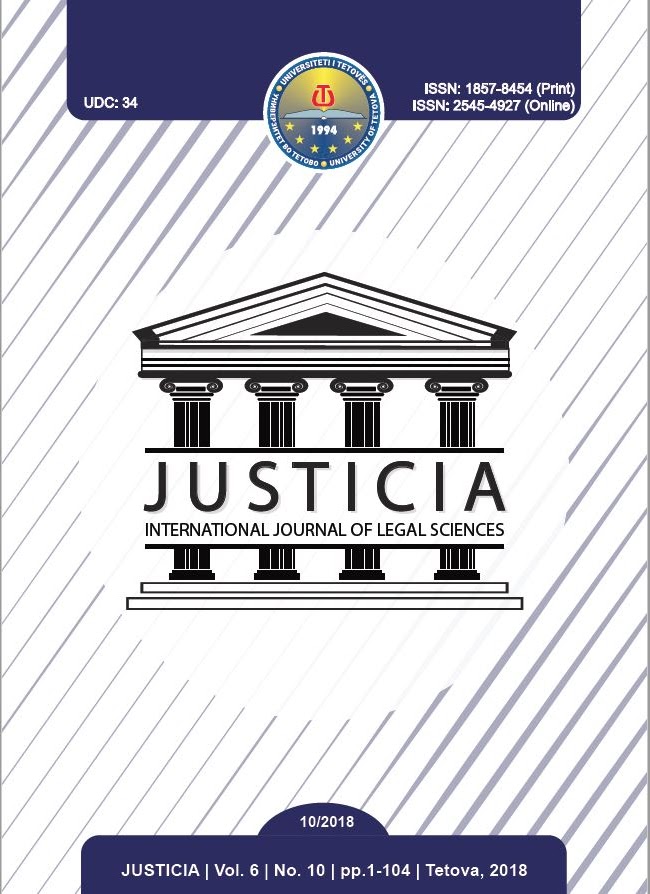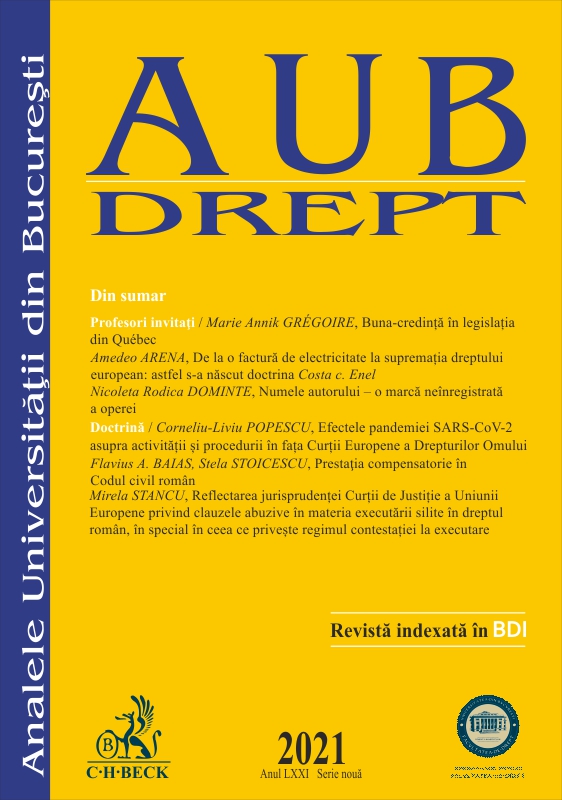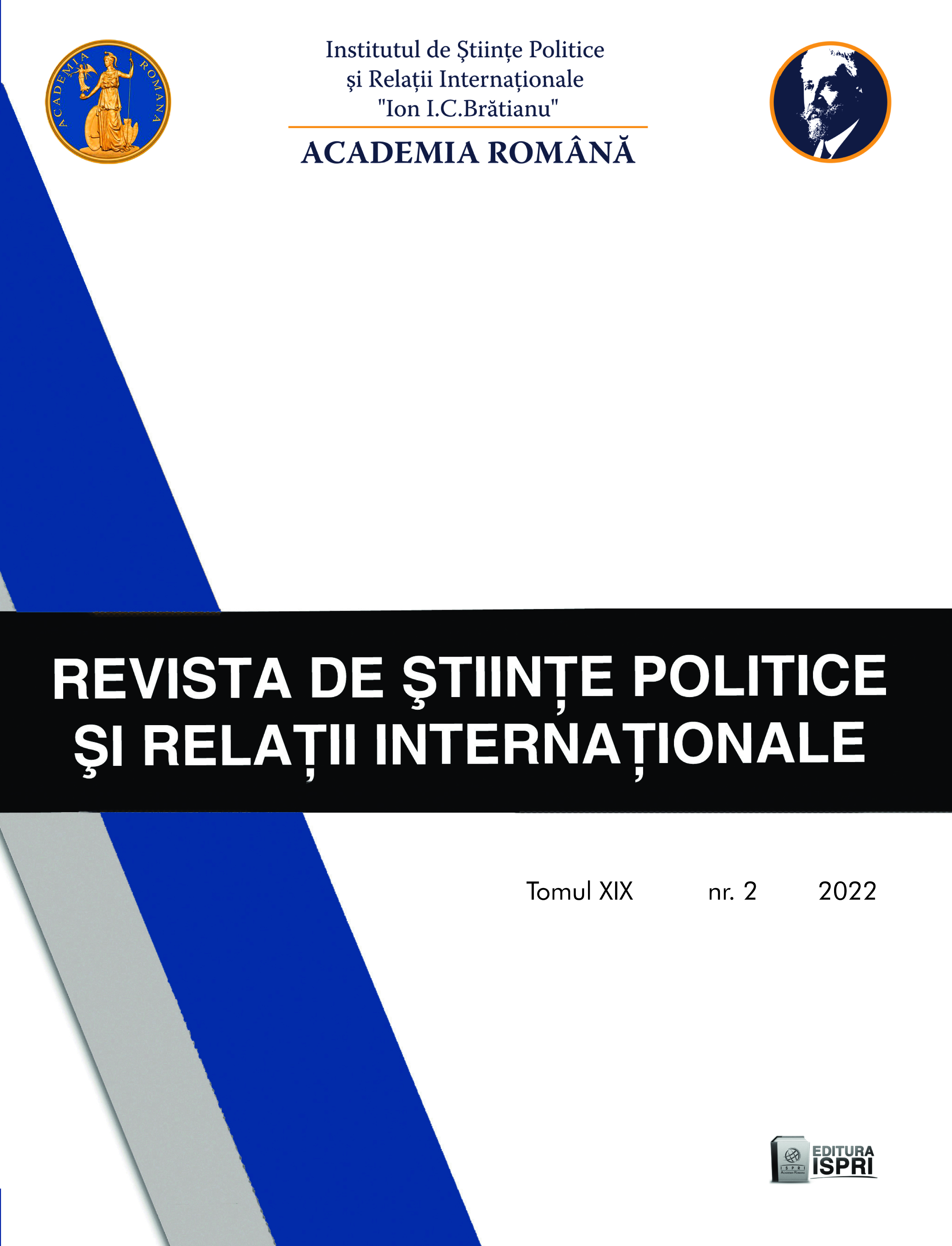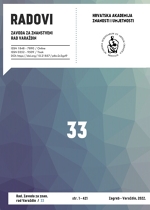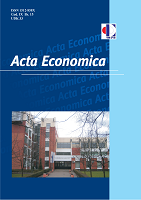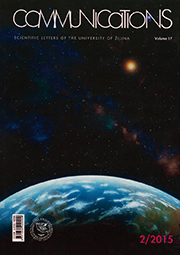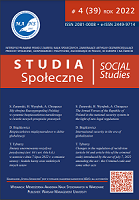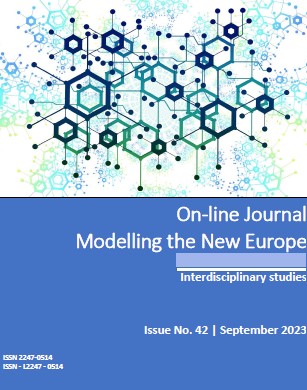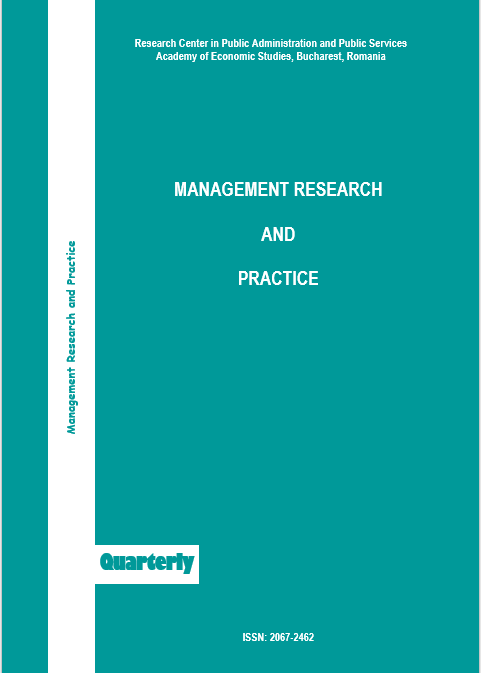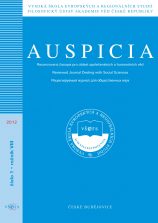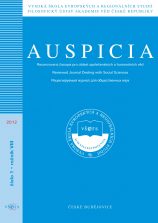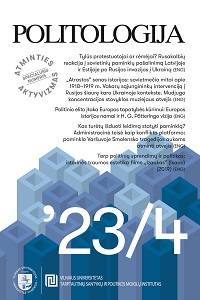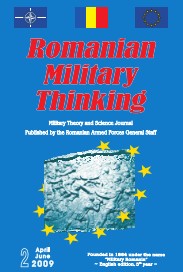Author(s): Nail Isufi / Language(s): English
Issue: 10/2018
The trend for creation of the European Union has existed very early. Today, what characterizes the unity and identity of the European continent is the result of development and events that happened in the second half of the twentieth century. During that time Europe and the current member states of the European Union, were characterized by division, antagonism, different interests rather than common objectives. Normally, apart from the linguistic, religious and cultural differences, there were also the economic and political differences of the European countries. The relations between Western European countries that are at the same time European Union countries, were based on rivalries, disbelief that led to two world wars in the twentieth century, the first world war during 1913-1918 and the second world war during 1939-1945. In this regard, it is important to emphasize that all international organizations were created shortly after the second world war, including the European Union. The European Union as an international, regional and supranational organization as well as other international organizations are intergovernmental organizations created by the membership of sovereign states. But, it does not mean that all international organizations enjoy the attribute of subjects in international relations, but organizations established on the basis of international agreements. The European Union as an international, regional and supranational organization as well as other international organizations are intergovernmental organizations created by the membership of sovereign states. But, it does not mean that all international organizations enjoy the attribute of subjects in international relations, but organizations established on the basis of international agreements. It should not be forgotten that the basis for the presentation of the international organizations was the concept of international conventions whose main purpose was to prevents the new wars and the concept of international integration that implies the institutional link between two or more sovereign states. The European Union as an international organization will continue in the future with new enlargements, joining states will claim to be members of this organization, but always by respecting the determined criteria. So, it is important to mention the word of a well-known author Folsom who said: "The European Union is like a magnet, the bigger it is, the stronger it gets", which means that the more countries join this organization, the more powerful it becomes.
More...
